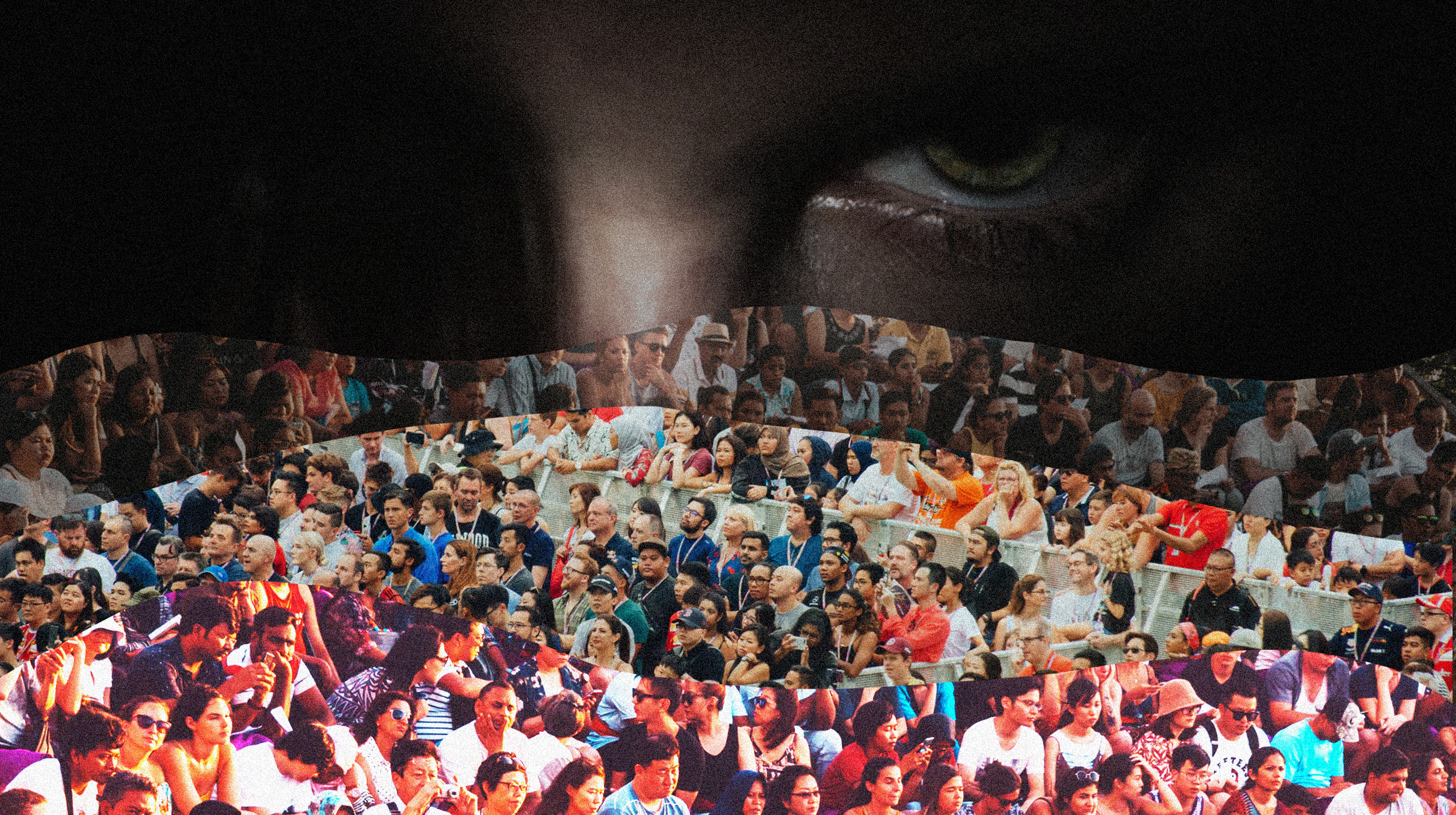MICHAEL SHERMER: Whenever there's a high level of anxiety and uncertainty in an environment, your personal life or society at large conspiracism goes up. That is to say people find comfort in attenuating the anxiety or uncertainty they're feeling by concocting some overarching plan. This is what's going on. Now I understand it. Now I don't have to feel so uncertain about the environment. So people concoct conspiracy theories for that main reason. Now, people differ on, different groups believe different conspiracy theories and so on but let's set that aside for the moment and just think about with the coronavirus this is, we know pandemics happen historically. We know about more recent ones like SARS and the avian flu and so on and what that causes. This appears to be at least that bad if not worse. In a way it's a real event that people should fear. We should have a certain amount of paranoia and anxiety about that and respond accordingly. So there it's only a small step to making a paranoid conspiracism claim that well, it was invented by the Chinese or in the case of the Chinese they say well, it was invented by the U.S. military.
And we've all seen enough of the movies about bioterrorism that that's not completely crazy. It could happen. In this case there was just a paper published in Nature this last week about that it's not. There's evidence and genetics to show that it was derived from animal DNA, not manipulated in a lab with human DNA. Okay, so we can set aside that conspiracy theory. But finally, we know that governments do bad things on occasion, especially autocratic governments. But even our own, the U.S. government. If you look at the history of the things we've done to attempt to assassinate foreign leaders or manipulate elections in South American countries in the 1970s, for example, a lot of this has come out in the Pentagon Papers and the Wikileaks that our government was doing things that we didn't know they were doing. Congress didn't even know. So we know that happens. Again, my point is that I don't think this applies to the coronavirus example. I think those conspiracy theories are wrong. But worrying about that is not completely crazy because sometimes that sort of thing does happen.
Another factor with conspiracy theories is politics. I mean we're very tribal and it's gotten worse since the 1990s. The left and right have become more polarized. The centric middle has shrunk as the two bimodal curves have gotten a larger on the far left and the far right. More people are identifying with extreme positions. So the moment something like a coronavirus conspiracy theory erupts the only question is who's going to accuse which side and it ends up both sides are accusing each other. You go to certain sites and Trump gets hammered all day long for his inadequacy in responding to coronavirus crisis. Then you go to another media source and it's just the opposite. It's the left that's failed this and Trump is going to save us. Then you have the really far out ones about the deep state and Dr. Anthony Fauci, the voice of reason here is actually just a pawn to destroy Trump. I mean the further out you go in the extreme nature of a conspiracy theory the less likely the theory is to be true. The more people that have to be involved in the conspiracy theory, the less likely it is to be true. The more elements that have to come together just at the right moment to make the conspiracy work, the less likely it is to be true. And the more global it is, world domination, that sort of thing, the less likely it is to be true. Conspiracies usually are very narrowly focused, like insider trading, or corporate manipulation, like Volkswagen with the emissions, or some government attempting to manipulate an election. It's a very specific thing that the conspiracy is really about.
Dr. Michael Shermer is the publisher of Skeptic magazine, the host of The Michael Shermer Show, and a Presidential Fellow at Chapman University.
The larger the stakes and scope, the less likely a conspiracy theory is to be true.
▸
4 min
—
with
Sign up for the Smarter Faster newsletter
A weekly newsletter featuring the biggest ideas from the smartest people
Related
Northwell Health has built an elaborate data system to track and fight COVID-19. If this system goes global, it could prevent a future pandemic.
▸
3 min
—
with
This is what happens when the fringe becomes mainstream.
A conspiracy theory that 90 percent of the world’s population will be killed off spreads widely on pandemic fears.
The physical action of handwashing plus the properties of soap is a one-two punch for the virus.
▸
1 min
—
with
There’s little more infuriating in the world than being told to “calm down” when you’re in the midst of a simmering grump.






